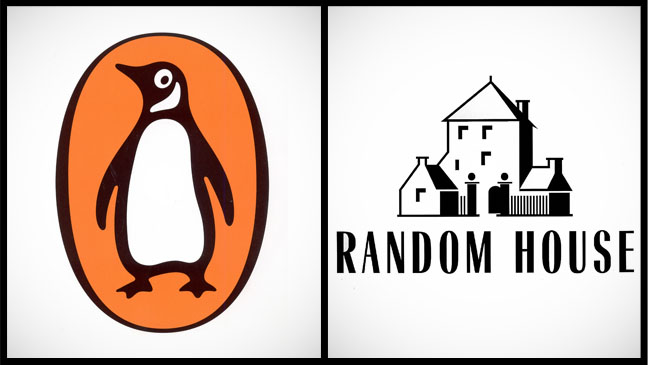In what is possibly the slowest death in the publishing industry, German publisher and retailer Bertelsmann announced this week that it would be leaving the bookselling business to focus on content, which it produces not only as a book publisher but also in other forms of media. The company, which hit its heyday in the years immediately after the end of World War II and leading up through the 90s, has seen a decline in the past few years when its more than 300 physical retail spaces across Germany dwindled down to the 52 locations that are still open today, according to an article in the Wall Street Journal.
Besides its strong showing in the publishing industry as joint owners of Penguin Random House and its 250 or so imprints, Bertelsmann has a long history of growing a huge customer base. One of the ways that Bertelsmann continues to be a force in publishing and retailing (and a potential threat to Amazon) is its customers; when the company launched its signature book club subscription service, the number of paying members swelled to over seven million. Selling directly to the consumer is something that Bertelsmann has excelled at, and could continue to do now that it will be shifting its focus away from brick-and-mortar.
One obstacle that could still come into play, though, is the publisher-centric mode of selling directly to consumers. Many book buying customers are doing well to remember the title and author of a book they’ve heard about, but most couldn’t tell you the publisher unless they happened to know the iconic symbol on the spine. Of course, Penguin may have one of the most recognizable logos among the Big Five, and Bertelsmann’s incorporation with Penguin can be a stepping stone to greater brand recognition among reading consumers.
One thing is for sure: with nearly 150,000 titles produced a year between the two companies that merged to form one publishing powerhouse, there is a wealth of content for readers. While the original book club model may have fallen by the wayside, subscription reading is seeing a comeback of sorts under the ebook and long-form journalism platforms. Bertelsmann still stands to be a contender in book selling, if it can leverage what it knows about reaching out directly to its consumers.
Mercy Pilkington is a Senior Editor for Good e-Reader. She is also the CEO and founder of a hybrid publishing and consulting company.

